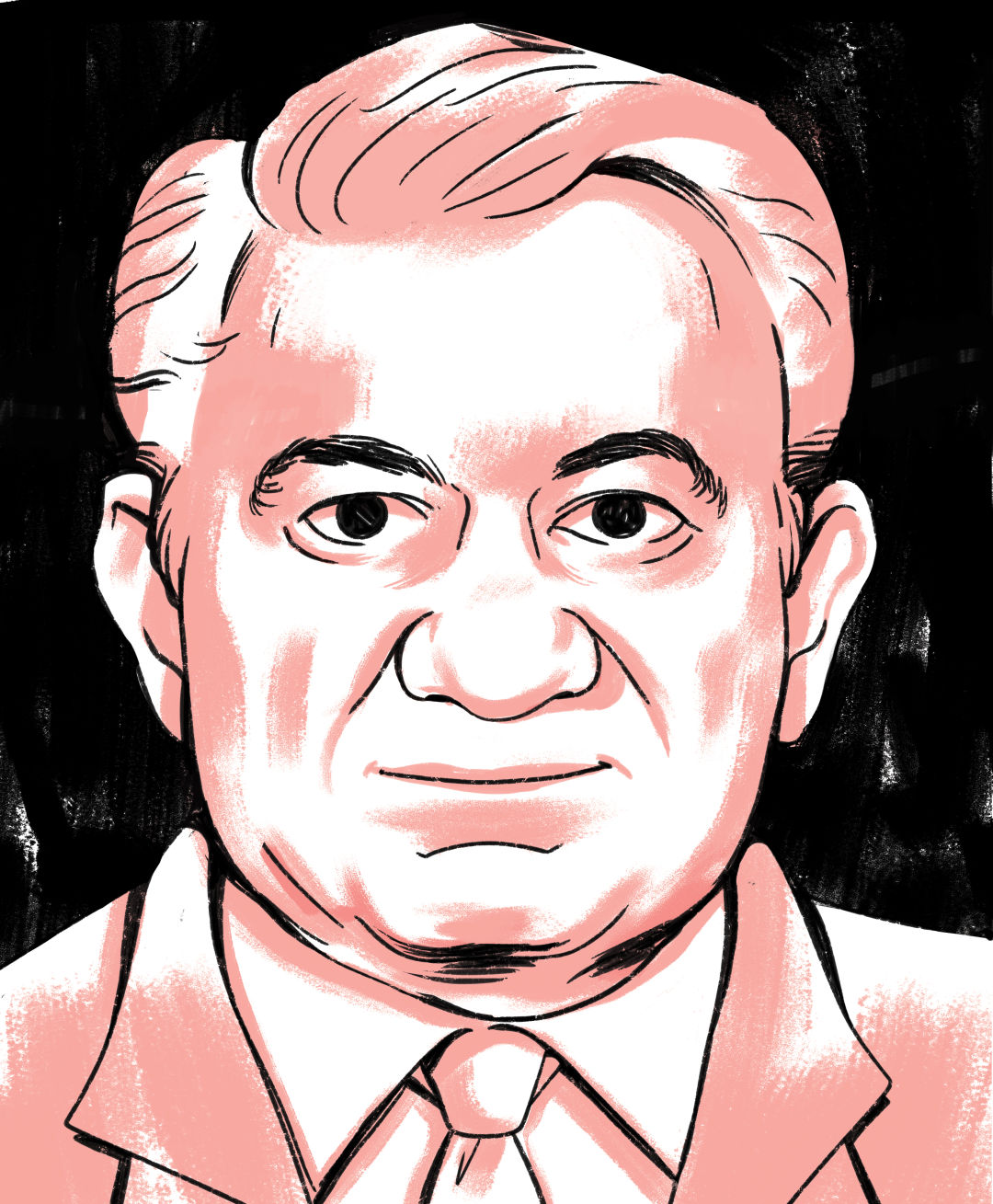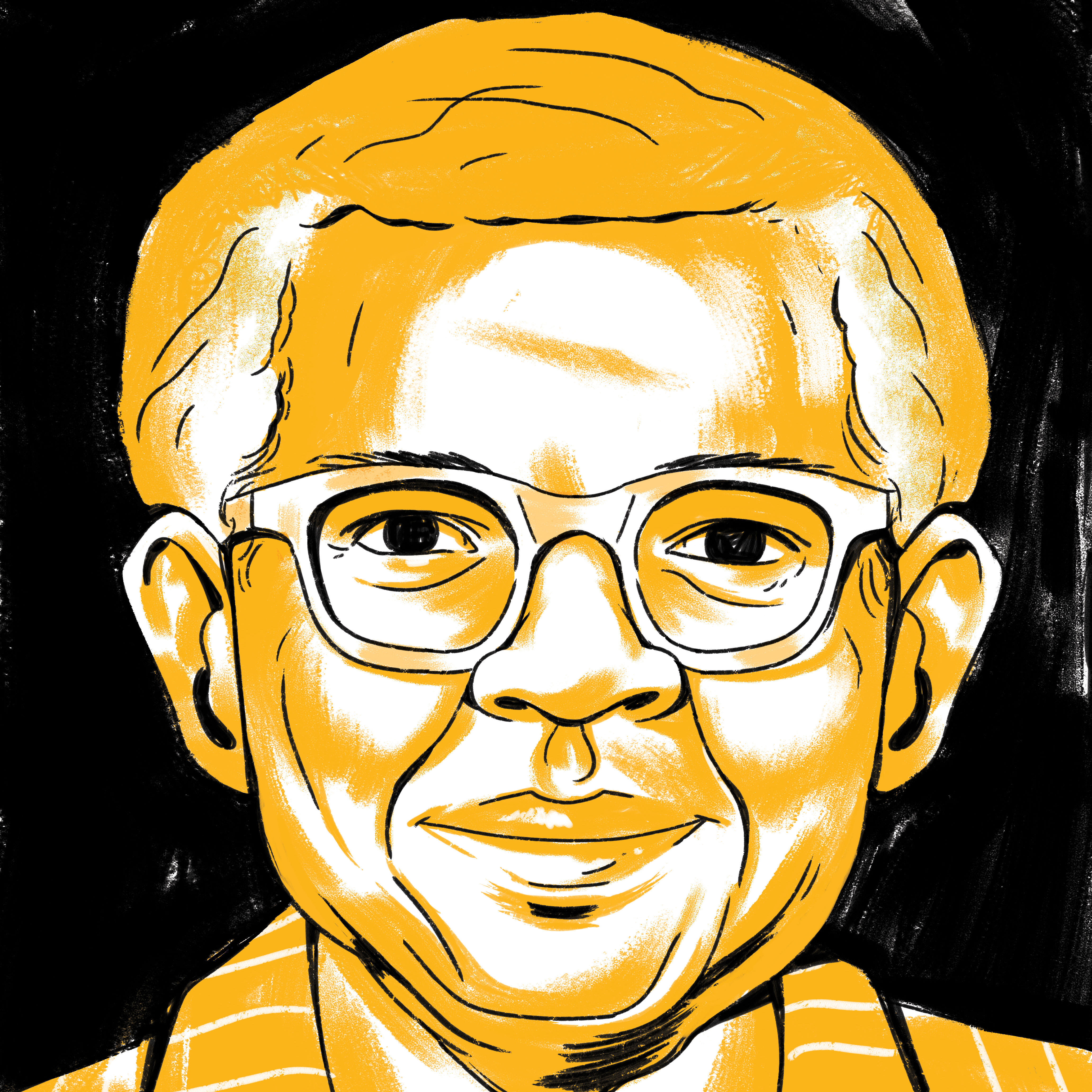Leon Jaworski: The Houston Lawyer Who Got the Watergate Tapes Released

Image: Jackie Ferrentino
You may not know who Leon Jaworski was—but, as a Houstonian, you probably should.
“He was one of the architects of the emergence of Houston as a world-class city,” says Steve Dillard, partner at Norton Rose Fulbright. From the 1950s through the 1970s, Dillard explains, “Jaworski’s fingerprints could be found on just about everything of consequence that happened in Houston.”
Still nothing? Maybe this will help. Not only was Jaworski a named partner of one of the most prominent litigation firms in America (Fulbright and Jaworski at the time), but he served as an independent council (think Robert Mueller) during the Watergate scandal. He was also a close friend and trusted advisor to former presidents Lyndon Johnson and George H.W. Bush. Miller says, “I think they invented the term trusted advisor to describe someone like him.”
Jaworski was born in Waco. His father was a preacher and Jaworski remained a devout Christian his entire life. At age 19 he became the youngest person ever to be licensed to practice law in the state of Texas. He was trying cases in his early 20s, including defending a young African American man for murder, which didn’t win him any friends. “In the 1920s Waco was Klan territory,” Miller explained.
In fact, the young attorney was known for his willingness to take on the tough cases, seemingly unaffected by the political winds that often swirled around him. He even wrote an essay for the American Bar Association Journal in 1961 titled “The Unpopular Cause.” It led the federal government to ask him to represent them against the state of Mississippi in the case of a young black man who was denied entrance into the University of Mississippi. He won.
“In the early 1960s in Houston in the legal community, that was not a particularly popular cause,” Miller says.
But it was the Watergate prosecution that put him at the forefront of American politics. After the well-documented Friday Night Massacre, when the entire team of prosecutors was banished by then president Richard Nixon, Jaworski was brought in as independent council. Not long after, he argued before the Supreme Court to release the now infamous tapes outing Nixon as a co-conspirator in the Watergate break-in.
After Nixon resigned, Jaworski was pressed to indict the former president, but he declined, saying he didn’t believe Nixon could receive a fair trial, so he returned to Houston. His diligence in his efforts to prosecute the White House was as unpopular with supporters of the president as his decision not to prosecute Nixon was unpopular with his detractors.
It was clear Jaworski was a man driven by the law and a sense of fairness that was rare then and remains rare today. “He had a command presence,” Miller says. “He was a natural leader. But he was also humble and treated others with courtesy and respect.”
Which brings us back to his adopted home. While he was too young for what many history buffs imagine as the cigar-smoke-filled room at Rice Hotel with early Houston power brokers like Jesse H. Jones and George R. Brown, he was certainly part of a second wave of influential business and political leaders who changed the landscape of the city.
He was president of the Houston Chamber of Commerce (now we know it as the Greater Houston Partnership), the Rotary Club, the Houston Chapter of the Red Cross, and the Baylor Medical Foundation. He was a trustee with MD Anderson Foundation, Baylor College of Medicine, and the Texas Medical Center, a position where he held great influence.
Though he wasn’t from Houston and ultimately passed away at his ranch in Wimberley at the age of 77, he loved his adopted home and it was evident by the fingerprints he left. Miller recognizes a fellow Houstonian in Jaworski.
“He personifies the quintessential Houstonian: someone who was not born or raised here, but came here and through his talent and ambition made his mark on not just his chosen profession but on the city, his state, and his country.”
It has been nearly 40 years since his passing in 1983, you might be forgiven if you didn’t know before now who Leon Jaworski was. But his legacy demands we all take notice.
“Every time there was something that was important going on in Houston, he was called upon,” Miller says. “He was truly one of the giants in the city.”




